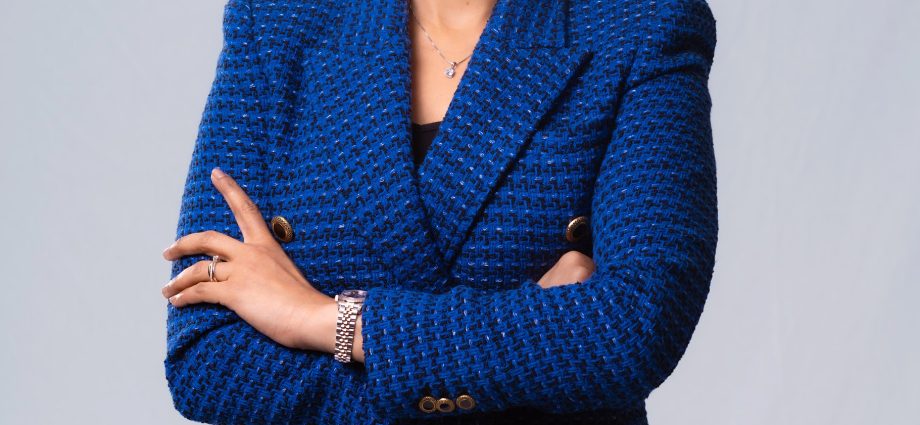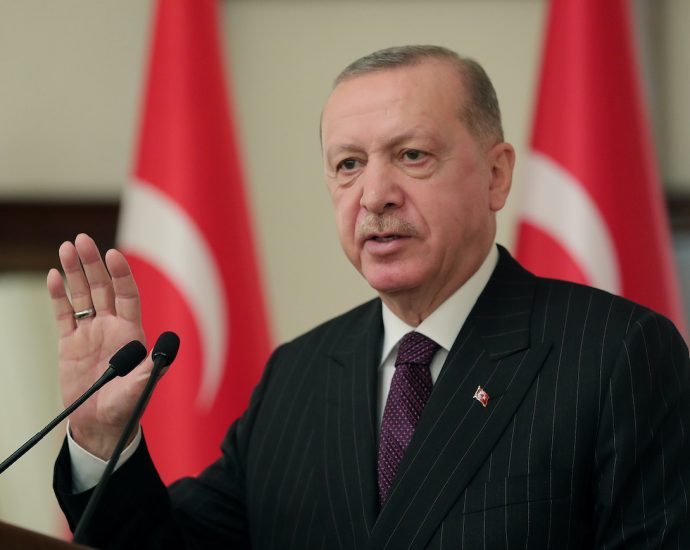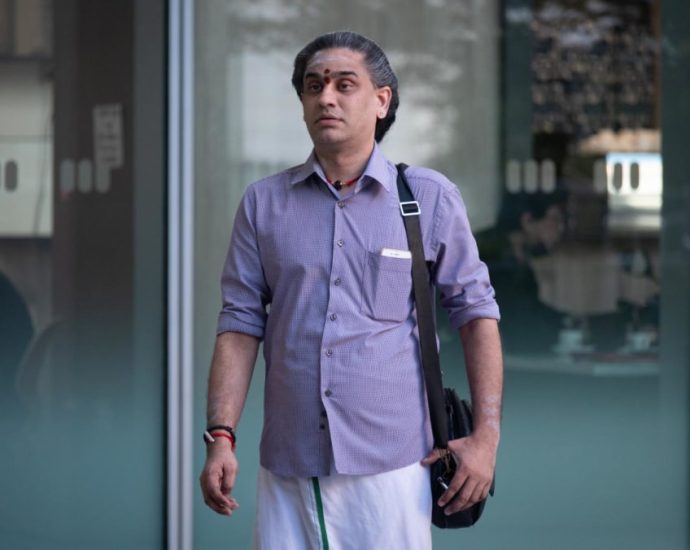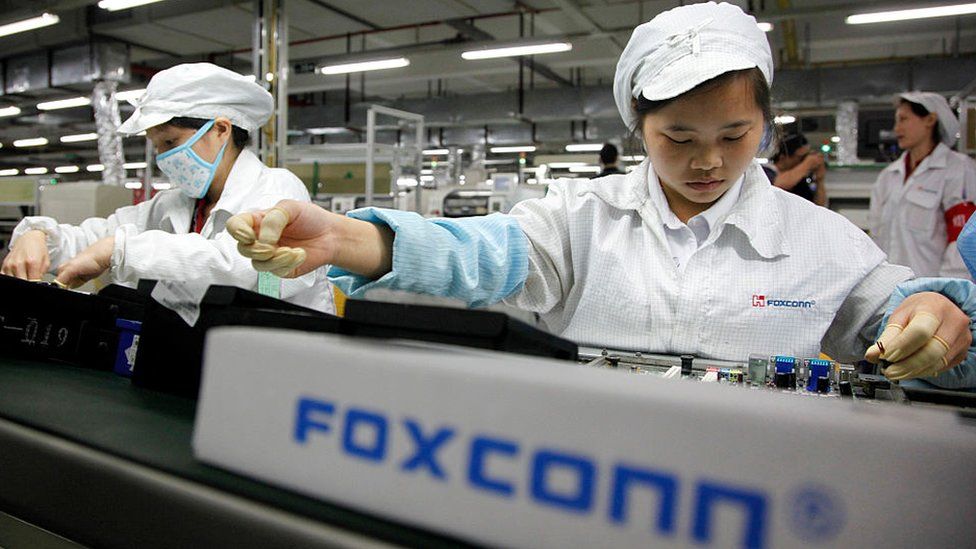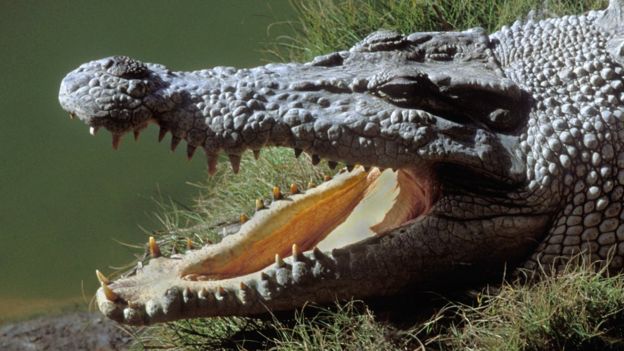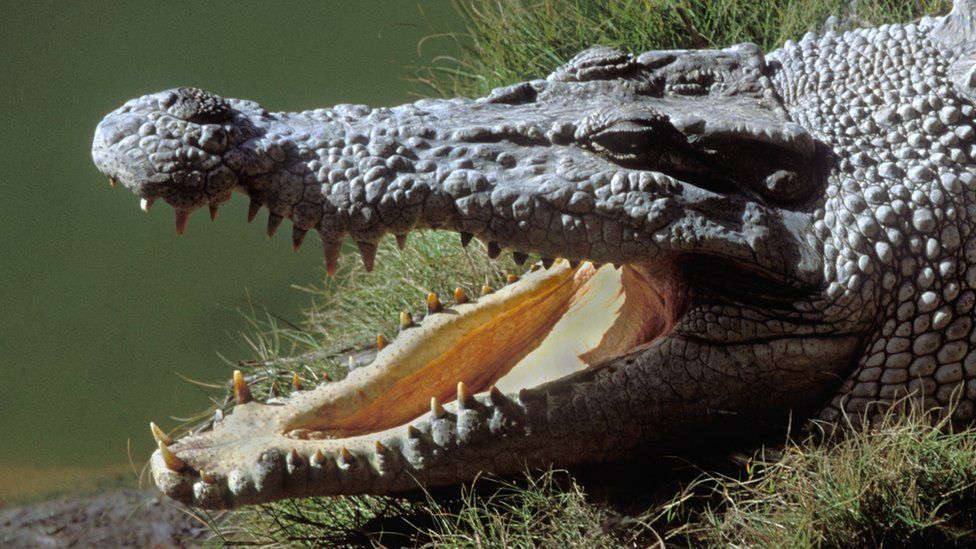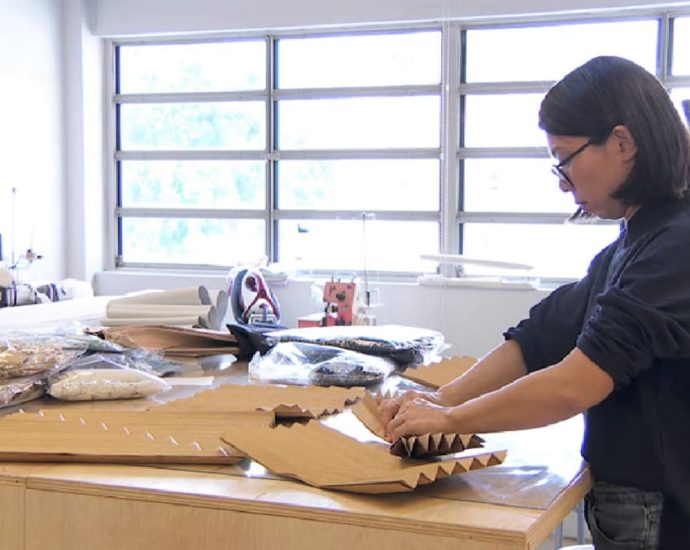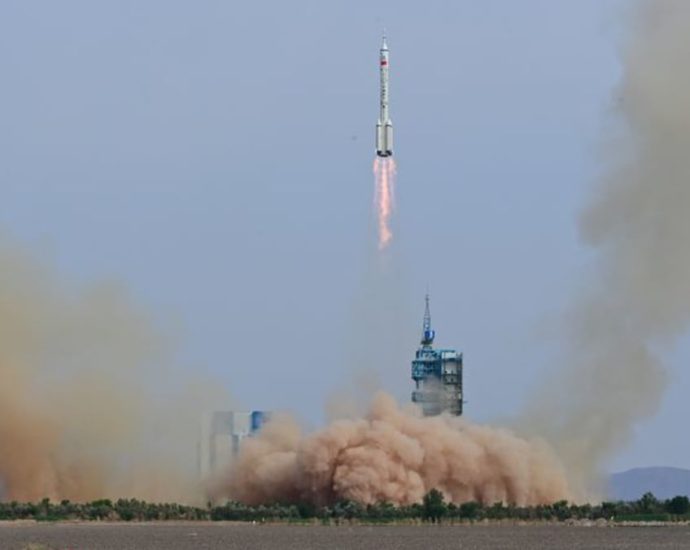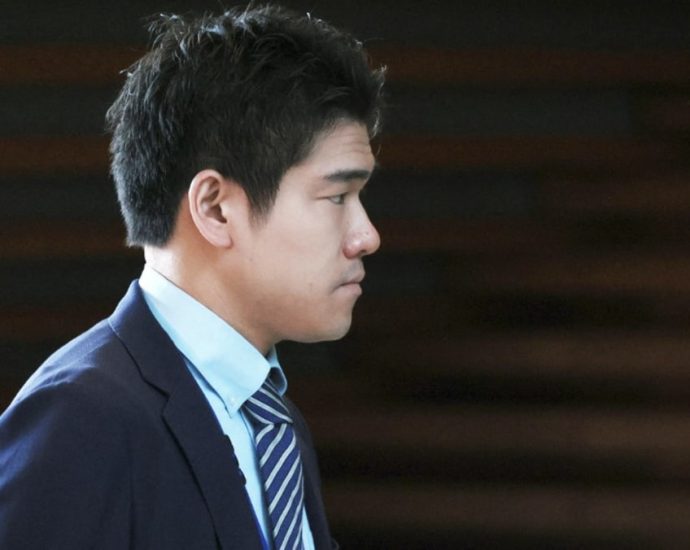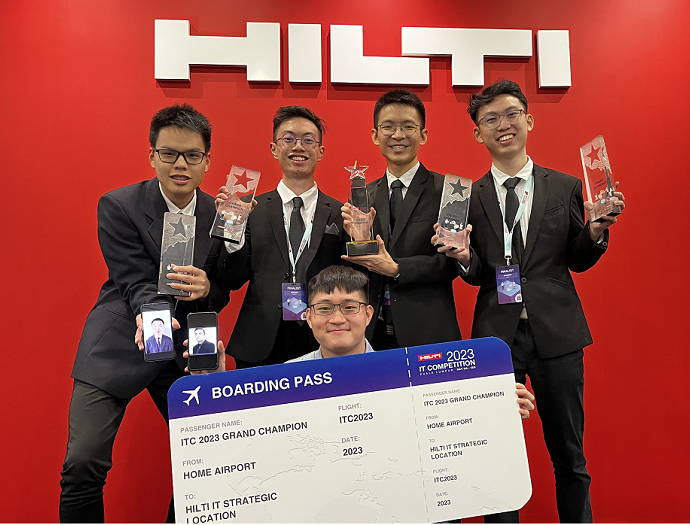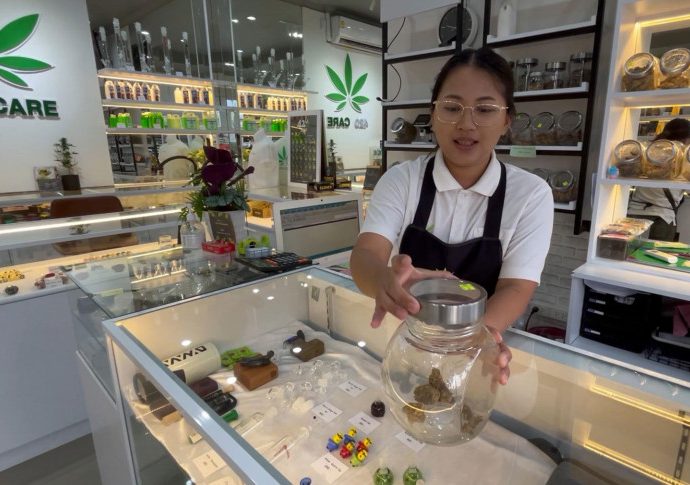MRANTI opens applications to its Global Market Fit Programme
Japan, Thailand, and Germany in 2023 destination schedule
US$109k value creation expected per company across 24 months
The Malaysian Research Accelerator for Technology and Innovation (MRANTI) invites high-growth startups looking to expand their business presence in Japan, Germany and Thailand to sign up for its Global Market Fit Programme (GMP). Applications are open with four cities…Continue Reading
What Erdoganâs re-election means for Turkey

Recep Tayyip Erdogan has been re-elected as president, ensuring that his term as leader of Turkey will extend to a quarter-century.
The electorate returned Erdogan to power in a runoff vote on May 28, with 52% of votes. But with 48% of voters siding with opposition leader Kemal Kilicdaroglu, Erdogan will have to govern a divided nation in its centennial year.
Also read: How Erdogan held on to power
As a professor of political science, I have analyzed Turkish politics for many years. The election provided a stark choice for Turkey’s voters: to end or extend Erdogan’s two-decade-long creep toward authoritarian-style governance. The decision to opt for the latter will dictate the country’s future in key ways, both domestically and in terms of its relationships with Western countries.
What’s next for the political system?
Turkey had its first democratic election in May 1950. Since then it has had a multiparty competitive system, albeit one that has been sporadically interrupted by several military coups.
In the last 10 years, Erdogan has taken Turkey down a more autocratic, one-man-rule style of governance. This has included restrictions on freedom of speech, freedom of the press and free assembly.
There is a little reason to believe that Erdogan, enboldened by a fresh mandate, will reverse this trajectory.
Erdogan won the election without making any promises about restoring or expanding rights and freedoms. Rather, his campaign signaled an intention to continue Turkey’s path toward being a conservative, religious state – a far cry from the vision of a modern, secular nation of founder Mustafa Kemal Atatürk.
In the run-up to the election, Erdogan presented himself as the leader of religious conservatives – reciting the Koran in Hagia Sophia and addressing the people in another mosque after the Friday prayer.
He also presented himself as a militarist leader, using battleships, drones and other weapons as campaign instruments and uploading a new Twitter profile photo with an air-force pilot jacket.
This posturing combined with his accusations that the opposition was collaborating with the PKK, a Kurdish separatist outfit designated as a terrorist organization by Turkey, suggests that Erdogan continues to promote Turkish nationalism and militarism.
The runoff victory for Erdogan comes just two weeks after his Justice and Development Party and coalition partners won a parliamentary majority. It means that the opposition will have no executive or legislative power to restrict Erdogan’s agenda.
Future relations with the West
Another important and consistent characteristic of Erdogan’s presidential campaign was his criticism of the West in general and the United States in particular.
Erdogan has accused the US of a variety of perceived slights and Washington’s stance on issues affecting Turkey. In the past year, the Turkish leader has criticized Washington’s support of the Syrian affiliate of the Kurdish PKK and protested the deployment of US armored vehicles on two Greek Islands.
Meanwhile, he has pointedly distanced himself from NATO allies on the issue of Russian sanctions, and instead talked up Turkey’s “special relationship” with Russia.
In mid-April, Erdogan framed the election as a chance for voters to “send a message to the West,” which, he claimed, was supporting the opposition candidate. “This country does not look at what the West says, neither when fighting terrorism nor in determining its economic policies,” he said.
Some of this was campaign rhetoric. And Erdogan may make some attempts to heal rifts with Western countries, such as approving Sweden’s NATO membership bid – something he has to date refused to do over what Turkey sees as the Nordic country’s harboring of Kurdish terrorists.
But even such a concession would not amount to a transformation of Erdogan’s deeply critical attitude to Western countries overall.
Indeed, the only factor that may force Erdogan to return Turkey to a pro-Western position is Turkey’s ongoing economic crisis, which might necessitate the support of wealthy Western states and institutions.
What’s next for the shaky economy?
Since 2018, the Turkish economy has shown symptoms of a crisis. Turkey’s currency, the lira, has fallen in value precipitously. In March, it fell to a new low of 19 to the US dollar. Moreover, in 2022, the annual inflation rate surpassed 80%.
In order to win the elections, Erdogan pursued several policies that appealed to voters but may further stress the economy and bleed national reserves. They include dropping the retirement age and giving a 45% pay raise to public workers.
Meanwhile, economic crisis and authoritarian policies have resulted in a “brain drain,” with many educated young people moving to Western European countries.
If the election result leads to a further exodus of skilled, educated workers, then it will only weaken Turkey’s capability of confronting its economic crisis. Such thinking could nudge Erdogan toward a rethink over policies that alienate younger, secular Turks.
It could also force Erdogan to re-evaluate his foreign policy. At present, the Turkish leader has looked to Qatar, Saudi Arabia and Russia for financial support. If this appears to be insufficient, he may be forced to seek stronger relations with the United States to facilitate financial aid from the International Monetary Fund and other international organizations.
Erdogan won the election without making any promises of change regarding domestic or foreign policy. But if the economic crisis he faces fails to abate, change may be forced upon him.
This article is republished from The Conversation under a Creative Commons license. Read the original article.
Ex-chief priest of Sri Mariamman Temple jailed for pawning over S$2 million worth of temple jewellery
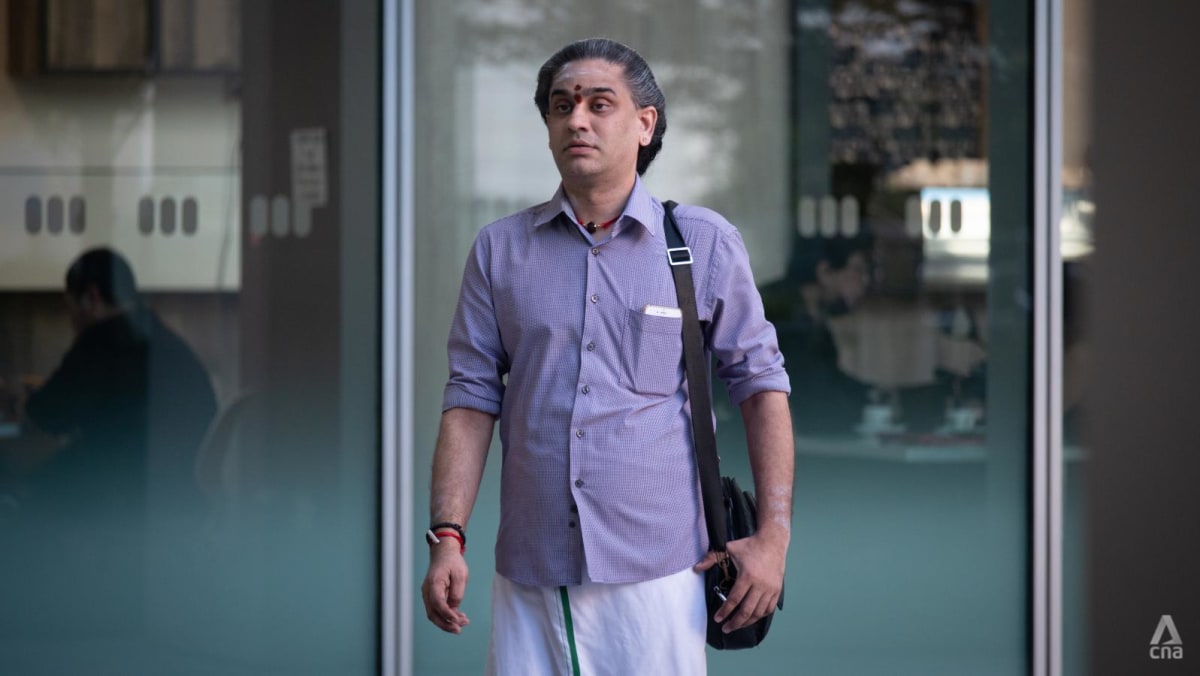
SINGAPORE: Over almost five years, the chief priest of Singapore’s oldest Hindu temple misused ceremonial jewellery by pawning them repeatedly – to the tune of over S$2 million (US$1.5 million).
Kandasamy Senapathi, 39, was caught only when the COVID-19 pandemic struck in 2020, throwing the regular audit timing off and revealing the missing jewellery.
Kandasamy was sentenced to six years’ jail on Tuesday (May 30) for his crimes.
He pleaded guilty to two charges of criminal breach of trust by dishonest appropriation and two charges of transferring criminal proceeds out of the country. Another six charges were considered in sentencing.
The court heard that Kandasamy, an Indian national, was employed by the Hindu Endowments Board.
He was promoted to chief priest of Sri Mariamman Temple when his predecessor retired.
As part of his role, he was entrusted with access to more than 250 pieces of gold jewellery with a value of S$1.1 million. The jewellery was used to adorn Hindu deities during special events and ceremonies.
Kandasamy was the only person with the keys and access to the safe containing the jewellery.
He began pawning pieces of the jewellery in 2016, taking them to pawn shops and later redeeming them by using money he obtained from pawning other pieces of temple jewellery.
In 2016 alone, Kandasamy pawned 66 pieces of gold jewellery from the temple on 172 occasions. He redeemed all the jewellery and returned it back to the temple without anyone knowing.
He continued this practice between 2016 and 2020, rolling the cash and returning the jewellery whenever he knew an audit was scheduled.
The total pawn value he obtained from the jewellery was more than S$2 million. He deposited some of the money into his personal bank account and remitted about S$141,000 to India.
CRIMES UNCOVERED
In March 2020, at the height of the COVID-19 pandemic in Singapore, the temple had to delay an external audit because of the “circuit breaker” measures forbidding non-essential activity in the country.
However, a member of the temple’s finance team arranged for an audit to be conducted during Phase 2 of the circuit breaker between July 2020 and August 2020.
In June 2020, this staff member was arranging for the audit when Kandasamy told him that he did not have the key to the safe. He said he had likely left the key in India while he was visiting family.
However, the staff member insisted that the audit had to be done, and Kandasamy eventually confessed to him that he had taken the jewellery for pawning.
At the time, 17 pieces of jewellery were with two pawn shops. Kandasamy borrowed money from friends and went with the temple employee to redeem the jewellery.
In the end, all the jewellery was returned to the temple and the temple suffered no loss, said the prosecutor.
The member of the temple’s finance team later filed a police report.
Kandasamy then resigned from his post as he felt guilty for pawning the temple’s jewellery, added the prosecutor.
She asked for seven years’ jail, pointing to the high pawn value of the jewellery involved.
Defence lawyer Mohan Das Naidu asked for about three years’ jail instead. He said there was no loss to the temple and his client had kept his word, with the jewellery eventually redeemed even before the temple made a police report.
Mr Naidu said it all started when Kandasamy wanted to help a friend raise funds for cancer, and also to help schools and temples in India.
However, it “got out of hand”. The lawyer said what Kandasamy did was wrong, but stressed that there was no loss to the temple as the jewellery was returned.
He said Kandasamy’s intention was “never to deprive the temple” of its jewellery, but he was “caught up in this vicious cycle of pawning and redeeming, pawning and redeeming”.
“It’s a very stupid venture,” added the lawyer.
Deputy Public Prosecutor Janice See said the offending conduct took place over about five years, and was only revealed by the unprecedented events of the COVID-19 pandemic.
She added that, in this case, the real mischief is not in the fact that he did not lose the jewellery – but that he used temple jewellery that did not belong to him and was in fact for sacred use, in order to generate a side income.
In sentencing, the judge said he could not ignore the fact that the case involved about S$2 million, which is a significant amount and higher than any previous similar cases.
Foxconn: iPhone maker hikes pay ahead of new model launch
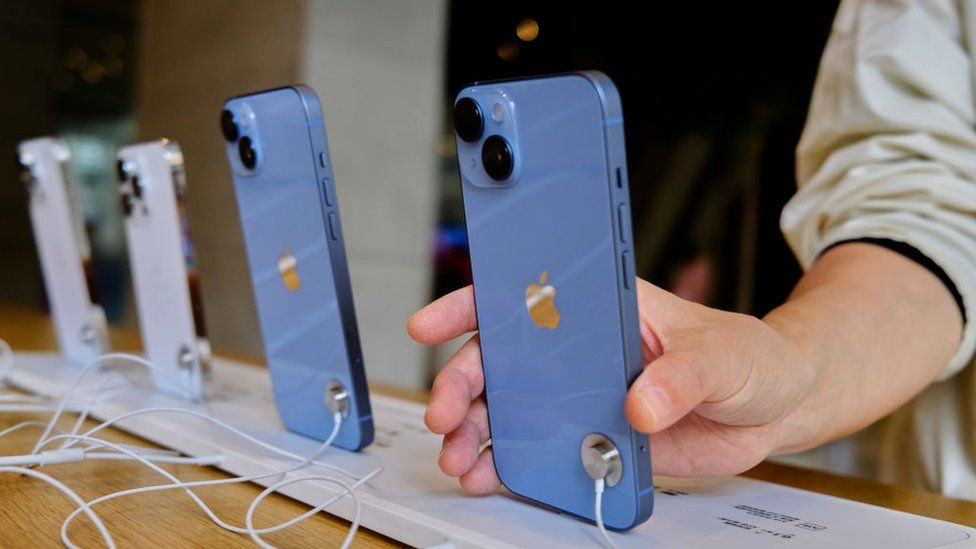 Getty Images
Getty ImagesApple supplier Foxconn is ramping up efforts to recruit more workers for the world’s largest iPhone factory, ahead of the launch of a new model.
Foxconn says new workers at its plant in Zhengzhou, China will receive bonuses of up to 3,000 yuan ($424; £343) for at least 90 days of work.
Current employees who successfully refer a friend or family member will also qualify for an award, it says.
The iPhone 15 is expected to be launched in September.
It marks the latest move by the Taiwan-based manufacturer to improve benefits for its workers at the huge plant – known as iPhone City.
Foxconn employees who refer a new recruit will now receive 500 yuan if the person stays at the company for a month, a post seen by the BBC on the popular Chinese messaging app WeChat said.
The company did not immediately respond to a BBC request for comment.
Last year, hundreds of workers protested at the Zhengzhou plant over Covid restrictions and claims of overdue pay.
Videos, which were shared online in October, also showed people jumping a fence outside the Foxconn factory after it was locked down due to a coronavirus outbreak.
In November, Apple warned that shipments of the iPhone 14 would be delayed after Chinese officials locked down a district of Zhengzhou, where iPhone City is located.
The iPhone maker then recruited new workers with promises of higher bonuses.
However, one worker told the BBC that the contracts were changed so they “could not get the subsidy promised”, adding that they had been quarantined without food.
Foxconn said in response that “a technical error occurred during the onboarding process”, adding that the pay of new recruits was “the same as agreed (in the) official recruitment posters”.
The Zhengzhou plant employs more than 200,000 people, making Apple devices including the iPhone 14 Pro and Pro Max.
This video can not be played
To play this video you need to enable JavaScript in your browser.
-
-
5 December 2022

-
-
-
1 December 2022

-
-
-
24 November 2022
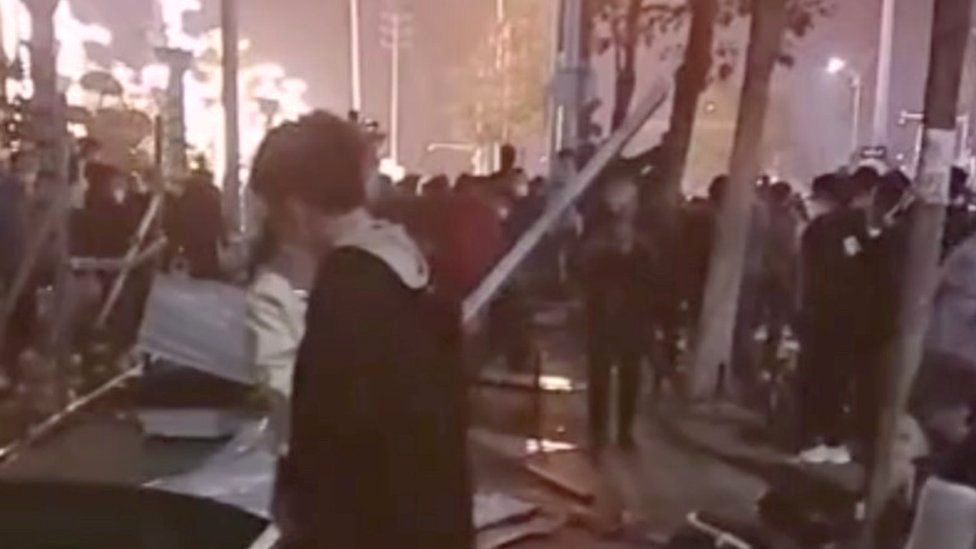
-
Man prises crocodile’s jaws off his head at Australian resort
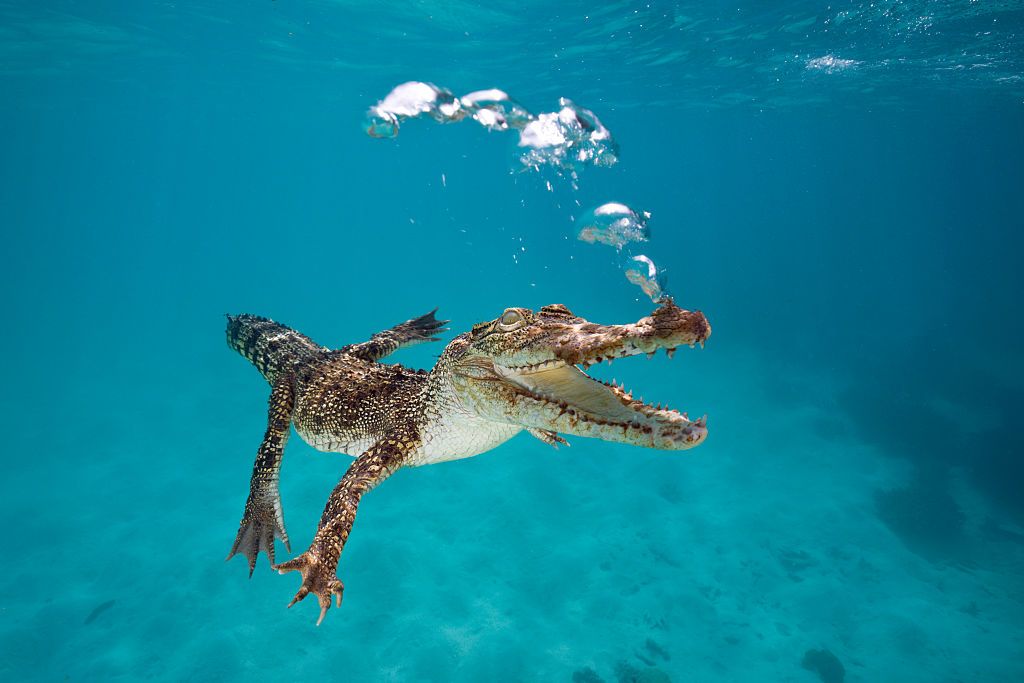 Getty Images
Getty ImagesAn Australian man has escaped with his life after being attacked by a saltwater crocodile while snorkelling at an exclusive Queensland resort.
Marcus McGowan, 51, has detailed how he managed to prise the predator’s jaws off his head, suffering lacerations.
He was airlifted to a nearby island hospital, and later flown to Cairns for further treatment.
Crocodile attacks are uncommon in Australia, but there have been several in recent months.
Mr McGowan said he was in the water with a group of people about 28km (17.3 miles) off Haggerstone Island near Cape York when he was bitten from behind.
“I thought it was a shark but when I reached up, I realised it was a crocodile. I was able to lever its jaws open just far enough to get my head out,” he said in a statement.
The crocodile – suspected to be a juvenile – came back for another go, he said, but he was able to push it away, suffering a bite to his hand.
Queensland’s environment department says it will investigate the incident, but “crocodiles in the open ocean can be difficult to locate as the animals often travel tens of kilometres per day”.
Haggerstone Island Resort describes itself as a “family-owned, exclusive luxury resort”. The entire island, some 600km north of Cairns, is available for hire at $7,600 (£4,063; $US4,979) a night.
Crocodiles are common in Australia’s tropical north, which has seen a series of attacks recently.
In February, rangers shot a 4.2m (13.4ft) crocodile that attacked a man and ate his dog at a remote boat ramp north of Cairns.
And earlier this month, the remains of 65-year-old fisherman Kevin Darmody were found inside a 4.1m crocodile on the nearby Kennedy River – the 13th fatal attack in Queensland since record-keeping began in 1985.
Under Queensland’s management programme, “problem crocodiles” are removed from areas where they threaten public safety and, in rare instances, euthanised.
Since crocodile hunting was banned in 1974, the state’s crocodile population has rebounded from a low of some 5,000 animals to around 30,000 today.
Related Topics
Singapore sees fewer fashion design graduates; schools working to offer students better prospects
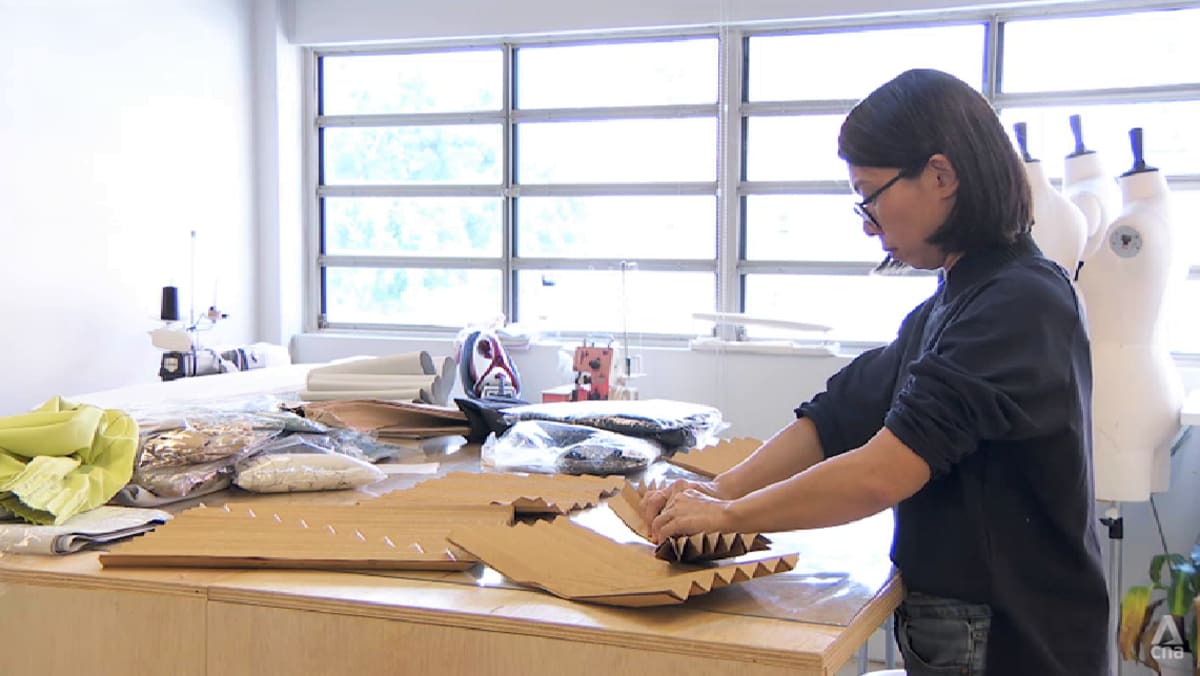
Fewer adults are also taking up diplomas at the Textile and Fashion Industry Training Centre (TaF.tc). The number of graduates at the fashion school has fallen by a fifth.
LACK OF AN ECOSYSTEM SUPPORTING LOCAL DESIGNERS
Singaporean designer Gin Lee said obstacles remain, especially when it comes to making things locally.
“Singapore is a small country. So we don’t have a lot of options. If I want to produce, who do I go to? If I want to buy fabric, my buttons and all that?” said Ms Lee.
“So then, eventually, we still have to go overseas for things. For brands that are starting out or designers that are starting out, sometimes that presents an issue because it’s not within the ecosystem, within Singapore.”
China launches Shenzhou-16 mission with first civilian to Chinese space station
BEIJING: China on Tuesday (May 30) sent three astronauts, including a civilian scientist, to its now fully operational space station as part of crew rotation, according to state media, in the fifth manned mission to the Chinese space outpost since 2021. Leading the crew is commander Jing Haipeng on hisContinue Reading
Japan PM Kishida says his son to quit as aide after ‘inappropriate’ behaviour’
“His behaviour at a public space was inappropriate as someone who is in an official position as political aide. I’ve decided to replace him for accountability,” Kishida said. The revelations come at an inopportune time for Kishida, who had gained a boost in popularity with the recent Group of SevenContinue Reading
After-sales 3D diagnostic tool lands APU Grand Champion prize at HILTI IT global competition 2023
A solution leveraging 3D scanning & ML to achieve better quality control
HILTI seeks ideas that transcend limitations of digitalisation in construction
After-sales services and diagnostics, particularly in diagnosing previously sold defective tools, are crucial for maintaining good branding as they directly impact user experiences. Research reveals that 83% of consumers abandon…Continue Reading
Weed network fears law change
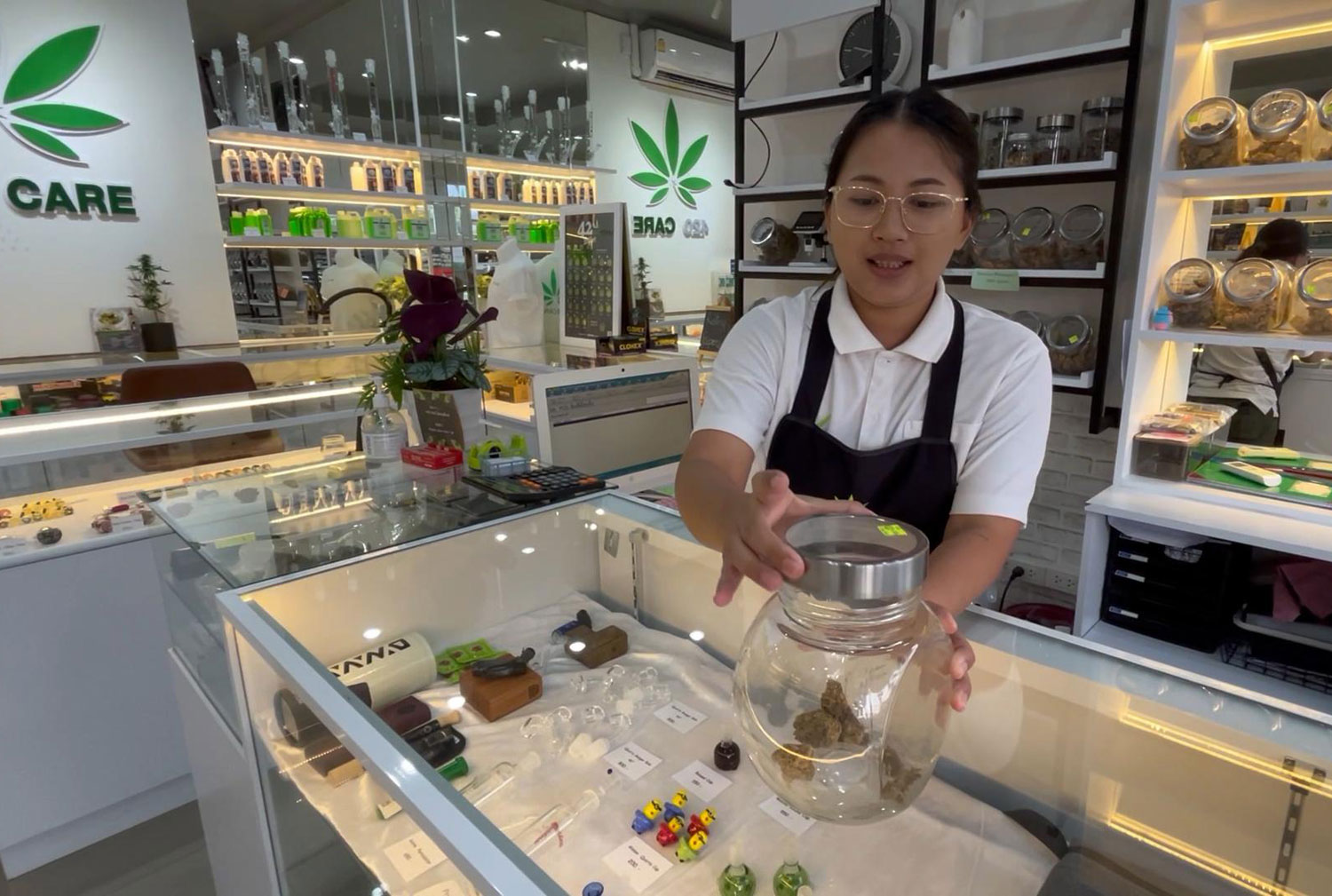
Citing research by the Ad-Hoc Committee on Systematic Hemp and Cannabis Resolution, Thailand’s Cannabis Future Network has urged three alliance parties not to reinstate the plant as a narcotic drug, as that would be like “getting the first shirt button wrong” and lead to more problems.
Prasitchai Nunual, the network leader, wrote on their Facebook fan page on Monday that before the election, this particular ad-hoc committee was set up to discuss removing cannabis from the list in an attempt to study the systemic usage of the plant.
According to Mr Prasitchai, the committee consisted of not only experts but also representatives of political parties, including the Move Forward Party (MFP), the Pheu Thai Party and the Prachachart Party, three of the seven allies that signed a working agenda on May 22.
With that said, the three parties’ attempt to, in his words, “change their agenda” on cannabis after the election, which included the reinstatement of cannabis as a narcotic drug, appeared contradictory in his view. He said that changing the agenda was done for the benefit of the parties, not the country, and, even worse, was not based on the evidence available.
“It is okay to go back on their words based on the committee’s earlier studies, but not based on public opinion or their personal political beneficiaries,” the post read.
Mr Prasitchai added that a shift in cannabis policy based on public opinion alone would be akin to “getting the first shirt button wrong”, which might result in an even worse situation later on. He suggested that they review the results of the study once again before thinking of reinstatement.
Meanwhile, cannabis growers in Khon Kaen also called for discussion before any changes are made.
Seangpirun Wongtawan, the owner of a cannabis shop in Khon Kaen, told the reporters that she was worried about vague legal regulations on cannabis, as they made it difficult for owners to keep up with and adhere to, particularly concerning plant registration.
She said she wished new regulations would focus more on medical applications of the plant as “growers have already invested large amounts in their products”.

